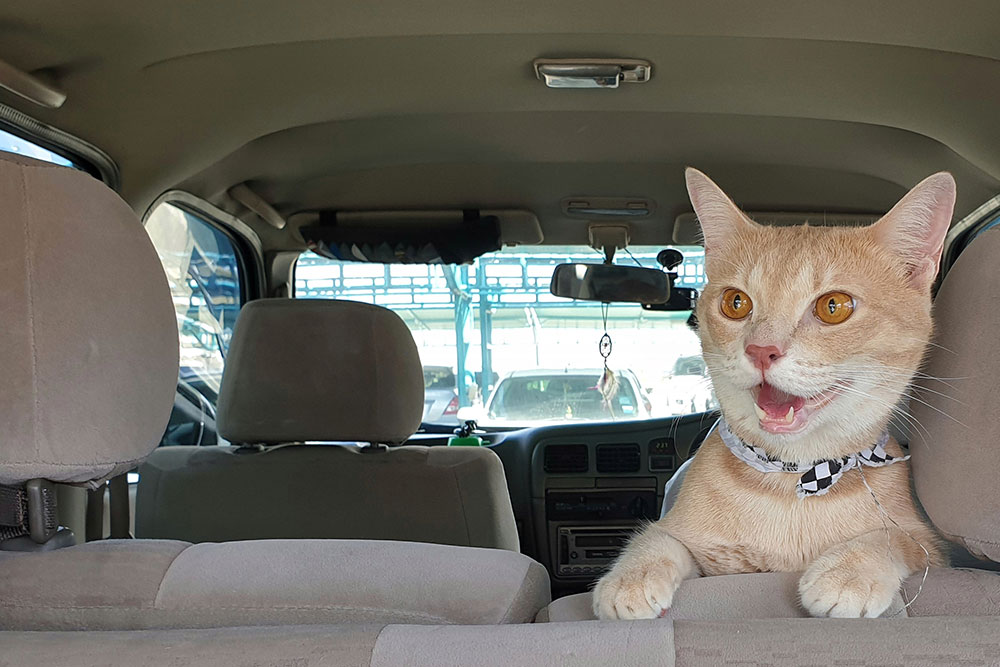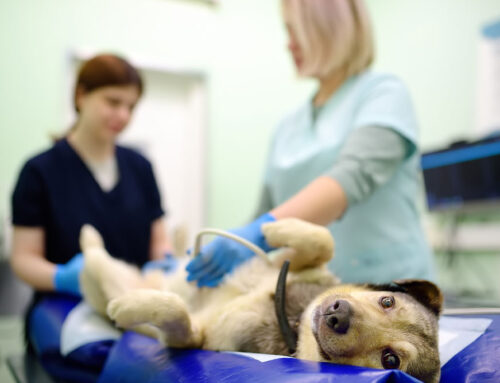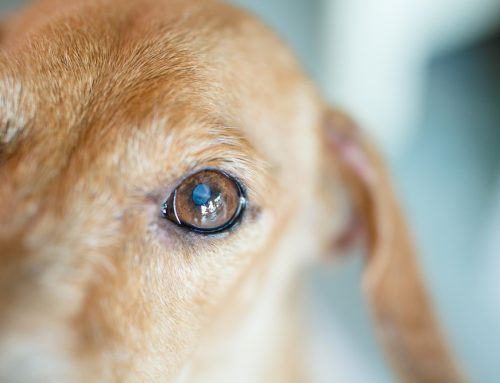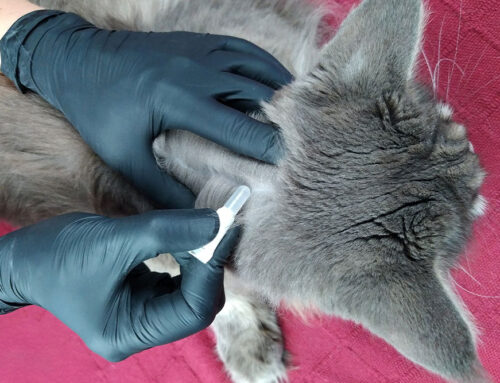As the temperatures rise in Memphis, summer brings sun-soaked days, backyard barbecues, and plenty of outdoor adventure. But for our furry family members, extreme heat isn’t just uncomfortable—it can be life-threatening. At Southern Crossing Animal Hospital, we’re here to help you navigate the summer safely with your pets by your side. With a mix of preparation, smart habits, and attentive care, you can make warm-weather days both fun and safe.
Why Pets Struggle More in the Heat Than Humans
Unlike us, pets don’t have the luxury of sweating all over their bodies. Dogs and cats primarily cool down by panting and through limited sweat glands in their paws. Add a thick fur coat and rising humidity, and it becomes clear how easily pets can overheat—especially in the Southern heat.
Your pet counts on you for water, shade, and knowing when it’s time to take a break. That means:
- Never leaving your pet in a parked car—even with cracked windows, temperatures can soar within minutes.
- Avoid tying your dog outside under a tree and leaving—shade shifts, leashes tangle, and water can tip.
- Checking your yard to make sure shade is accessible at all times of day.
- Keeping their coat clean and mat-free. Groom double-coated breeds regularly to prevent heat retention.
Remember: Just because your pet wants to keep playing doesn’t mean they should. It’s up to you to know when enough is enough.
Pets Most at Risk for Heatstroke
Some pets are more sensitive to heat and humidity. Watch these groups more closely:
- Flat-faced breeds (e.g., Bulldogs, Pugs, Persian cats) have compromised airways.
- Overweight pets struggle with excess insulation and effort to move.
- Seniors and pets with heart, lung, or respiratory conditions like asthma or tracheal collapse.
- Dark-coated pets, which absorb more heat from sunlight.
- Thick-coated breeds, especially without proper grooming.
Stay informed with research on heat sensitivity in brachycephalic breeds from Purina Pro Club.
Easing into Summer: Transition Tips
If your pet’s winter activity was minimal, don’t jump right into hour-long hikes.
Smart transition tips:
- Start with short walks early in the morning or at dusk.
- Let paw pads toughen up gradually. Soft pads from winter can burn quickly.
- Avoid walking on pavement when it’s hot to the touch. If it’s too hot for your hand, it’s too hot for paws.
- Give your pet a proper grooming to shed their winter undercoat.
Learn how to protect those sensitive paws with AAHA’s summer paw care guide.
Heatstroke: Know the Signs and Act Fast
Heatstroke is a veterinary emergency. Knowing the early signs can save your pet’s life.
Mild to moderate symptoms:
- Heavy panting
- Excessive drooling
- Lethargy or restlessness
- Bright red or pale gums
Advanced warning signs:
- Vomiting or diarrhea
- Seizures or collapse
- Glazed eyes or confusion
Immediate actions:
- Move your pet to a cool, shaded area.
- Offer small sips of cool (not cold) water.
- Apply damp towels to the paws, belly, and armpits.
- Turn on a fan or use air conditioning.
- Get veterinary help ASAP.
For more, read AAHA’s guide on pet heatstroke.
Post-Heatstroke Monitoring: The Risks Aren’t Over
Even after you cool your pet down, internal damage may continue. Within 24 to 72 hours, watch for:
- Vomiting or loss of appetite
- Jaundice or bruising
- Disorientation or behavior changes
- Decreased urination
Conditions like kidney failure, brain swelling, sepsis, or clotting disorders (DIC) may develop later.
If your pet had a heatstroke episode, call us for follow-up care immediately.
Overlooked Summer Hazards
Sunburn Isn’t Just for Humans
Pets with light-colored fur or exposed skin are vulnerable. Ears, noses, and bellies are common spots.
- Use pet-safe sunscreen or UV-protective clothing.
- Never use human sunscreen (many are toxic).
Debunk myths with ASPCA’s sunscreen advice and learn more from NBC News.
Burned Paws
Blacktop and sand absorb heat quickly. Protect paws with breathable booties or stick to grassy routes.
Sun-Related Eye Issues
Bright sunlight can trigger or worsen pannus in breeds like German Shepherds. If needed, try UV-blocking goggles (Doggles).
Beat the Heat: Keep It Fun, Keep It Safe
Cool Activities to Try:
- Shallow kiddie pools or sprinklers
- Frozen Kong toys stuffed with yogurt, berries, or broth-soaked kibble
- Cooling bandanas or vests
- A tray of ice for lounging or licking
Explore more creative enrichment in AAHA’s summer boredom busters.
Hydration Tip:
Add water to your pet’s meals or offer ice cubes for fun hydration support.
Safer Outdoor Adventures
- Stick to shaded trails and avoid mid-day outings.
- Take breaks every 15 minutes and bring extra water.
- Hose your dog down gently if they overheat.
- Don’t let excitement override common sense—some pets will chase balls until they collapse.
Keeping Cool Indoors
If you’re staying in:
- Use fans or air conditioning.
- Let pets lay on tile or hardwood floors.
- Close blinds during peak heat hours.
- Offer puzzle feeders or hide-and-seek games for mental enrichment.
Outdoor Cats Need Extra Caution
Cats that roam outside during the summer face dehydration, overheating, and sunburn.
- Provide multiple shaded spots and water bowls.
- Monitor behavior: Is your cat unusually lethargic or vocal?
- Keep them indoors during the hottest part of the day.
Read more about feline summer safety in AAHA’s guide to outdoor cat heat tips.
Not Just Heatstroke: Other Seasonal Risks
- Barbecue leftovers like bones, grapes, onions, and fatty scraps can be deadly.
- Fireworks and storms may trigger flight responses.
- Fleas, ticks, mosquitoes, and bees are at their peak.
- Snakes become more active in late spring and summer. Learn more with CroFab’s snake region guide.
Stay informed with AAHA’s list of summer pet dangers.
Final Safety Reminders for Memphis Pet Parents
- Never leave your pet unattended in a car.
- Check both temperature and humidity to assess risk.
- Don’t rely on your pet to signal they’re too hot—they’ll often push through until it’s too late.
- Gradually increase summer exposure and always bring water on outings.
Let’s Make This Summer a Safe One
At Southern Crossing Animal Hospital, we know your pets are family. Let’s work together to make sure they stay safe, hydrated, and healthy all season long. If you have questions or want to prepare your pet with a summer checkup, contact us today or request an appointment online.
Sunshine should bring joy—not danger. Let’s keep it that way.









Leave A Comment